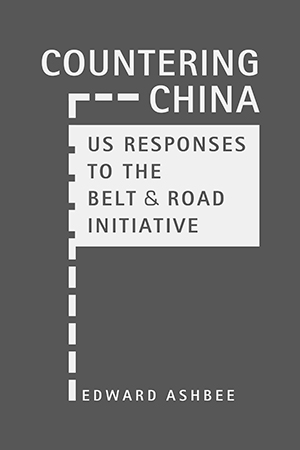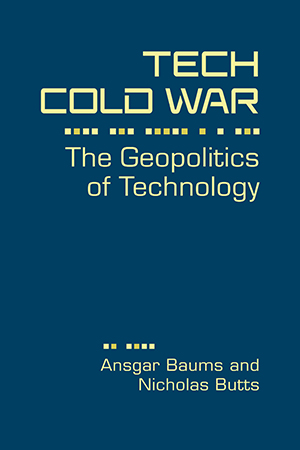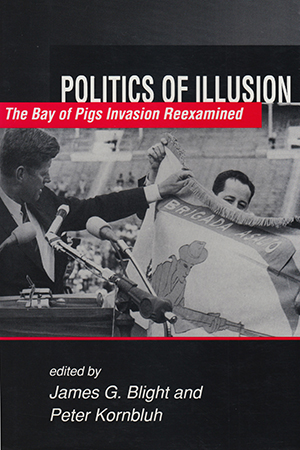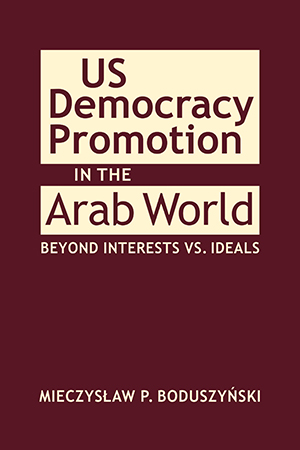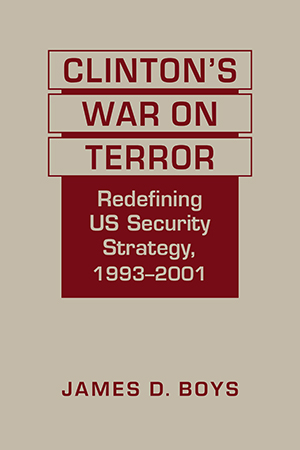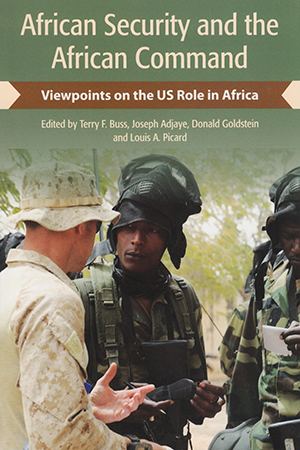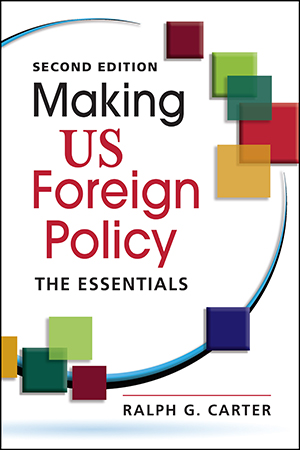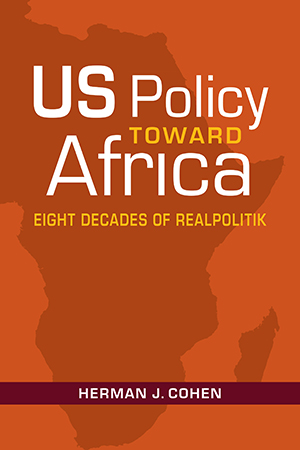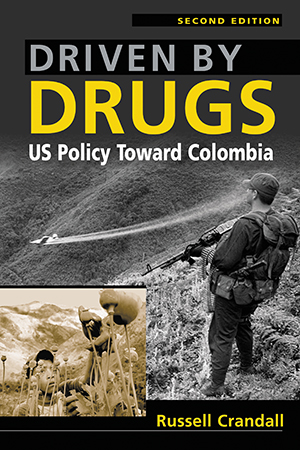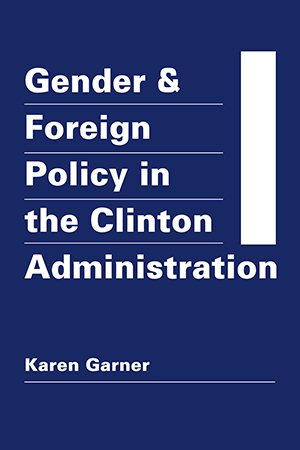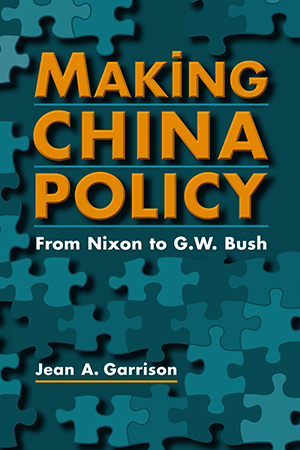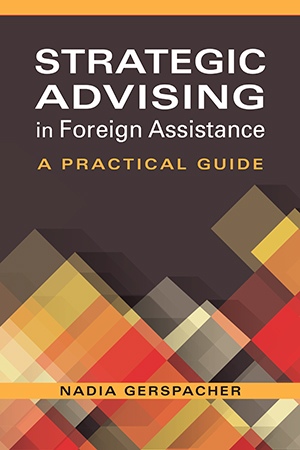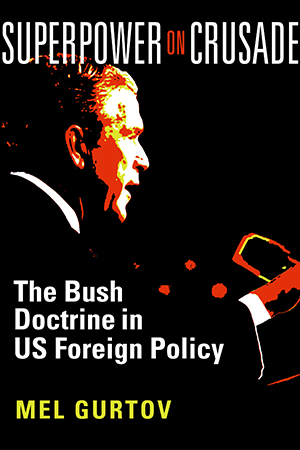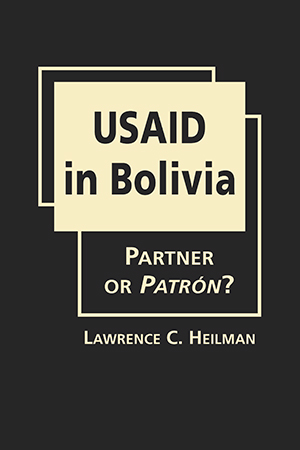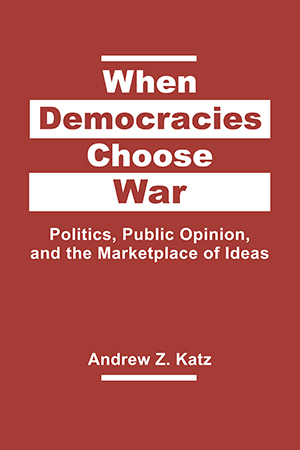US Foreign Policy
By March 2022, a remarkable 144 countries had signed onto the Belt and Road Initiative (BRI)—China's massive investment and infrastructure development program—with More >
TikTok, Huawei, semiconductors, AI … Technology has become a field of fierce geopolitical competition, especially between the United States and China. What drives this particular More >
The defeat of the attempted April 1961 invasion of Cuba at the Bay of Pigs (Playa Giron) was one of the worst foreign–policy disasters in U.S. history. Since then, explanations of the More >
Whether democracy promotion should play a role in US foreign policy continues to be a subject of considerable debate, perhaps nowhere more than with regard to the Arab World. But looking More >
In the aftermath of the catastrophic attacks of September 11, 2001, President Bill Clinton's time in office was portrayed as one in which vital opportunities to confront growing threats More >
In 2007, the Bush administration created a new military presence in Africa—AFRICOM (US Africa Command)—which has been vigorously debated ever since. Some see AFRICOM as the More >
Whether your approach to teaching US foreign policy is thematic, historical, case-study oriented, regional, or perhaps a blend of several approaches, Making US Foreign Policy: The Essentials More >
Herman Cohen draws on both the documentary record and his years of on-the-ground experience to provide a uniquely comprehensive survey and interpretation of nearly eight decades of US policy More >
In the years since the first edition of Driven by Drugs was published, there have been dramatic changes in US policy toward Colombia, as well as in domestic Colombian politics. This new More >
Though recent US government attention to global women's rights and empowerment is often presented as a new phenomenon, Karen Garner argues that nearly two decades ago the Clinton More >
What explains the twists and turns in US-China relations since Richard Nixon initiated a policy of engagement in the early 1970s? Addressing this question, Jean Garrison examines the More >
Though advisers to host governments have become an integral part of foreign-assistance efforts in the realms of both development and peace processes, there has been scant information on how More >
With its emphasis on unilateralism, preemptive attack, and regime change, US foreign policy under George W. Bush continued the longstanding US quest for primacy—but with some radical More >
After Bolivia had received more than $4.7 billion from the US government to support 70 years of development efforts, why would Evo Morales abruptly expel USAID from the country in May 2013? More >
What is going on domestically when democracies choose war? Why do some wars of choice generate political opposition while others don't? Is there an internal mechanism that constrains the More >


